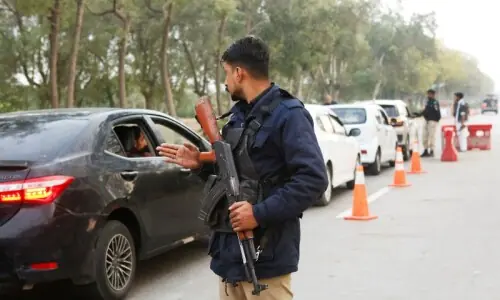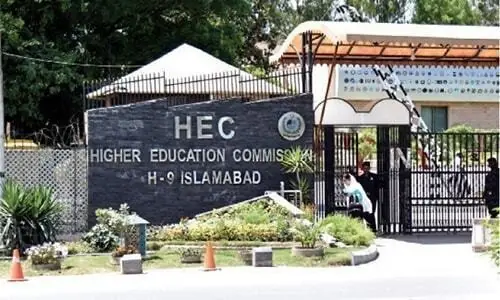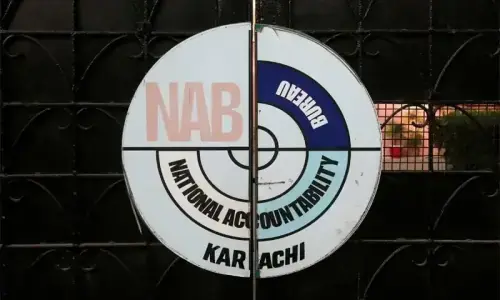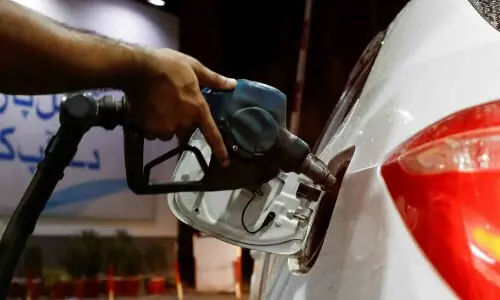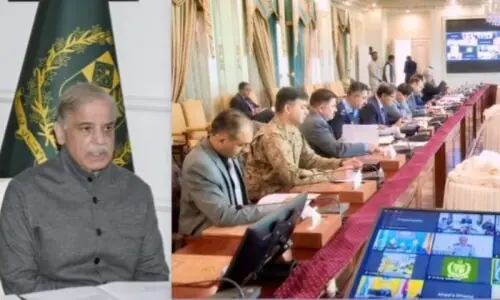ISLAMABAD: The Standing Committee of the National Assembly on Human Rights has rejected Sindh health officials’ claim about improvement in Thar’s drought situation.
“I don’t accept this picture of prosperity which the Sindh health department officials have painted,” MNA Aliya Kamran of the JUI-F said while rejecting provincial Health Secretary Nadeem Ashraf’s presentation on Thar.
Most members argued that his presentation of prosperity in Thar was in contradiction to a report of the National Commission on Human Rights (NCHR).
The NCHR officials sketched a gloomy picture after staying in the area from March 9 to 11. They cited poor governance, higher death rate, particularly among children, due to malnutrition and allied diseases, lack of job opportunities and shabby health infrastructure.
However, the secretary insisted that the department was providing the best medical facilities to the drought-hit population of Thar.
Mr Ashraf said: “Number of dispensaries, basic health units and staff has increased and an additional Rs43 million has been released, besides sufficient stock of medicines provided to these units.”
Tharparkar came under spotlight after media highlighted the number of children’s deaths in the district. The committee’s members were shocked over the report and sought information about the extent of medical facilities available there and reasons behind such a situation. At least 154 children had died in the district’s health facilities by April 20, according to figures shared by the deputy commissioner’s office, while citing the causes as neonatal sepsis, birth asphyxia, pneumonia and malnutrition.
“But major concern is early marriages resulting in multiple pregnancies since girls get married at ages between 12 and 15 years. Couples are mostly prolific and face higher risk of premature births with child mortality snowballing 20 times. Tharparkar is spread across 20,000 square kilometres with inaccessible road network and poor basic health facilities,” the official said.
It was learnt that since October last year, 8,778 children below the age of five had been referred to health facilities and another 877 admitted, with 40 of them passing away.
Suggestions poured in to extend medical assistance by setting up extra units in settlement areas while the Chairman of the Standing Committee, MNA Babar Nawaz Khan of the PML-N, suggested laying a pipeline for supplying clean drinking water, a suggestion supported by all committee members.
“Shortage of potable water is the biggest issue in Thar. The committee will recommend to the prime minister and the Sindh chief minister to consider this option,” the chairman said.
He also suggested that the government should make it mandatory for doctors to serve in Thar.
Published in Dawn, May 13th, 2016


